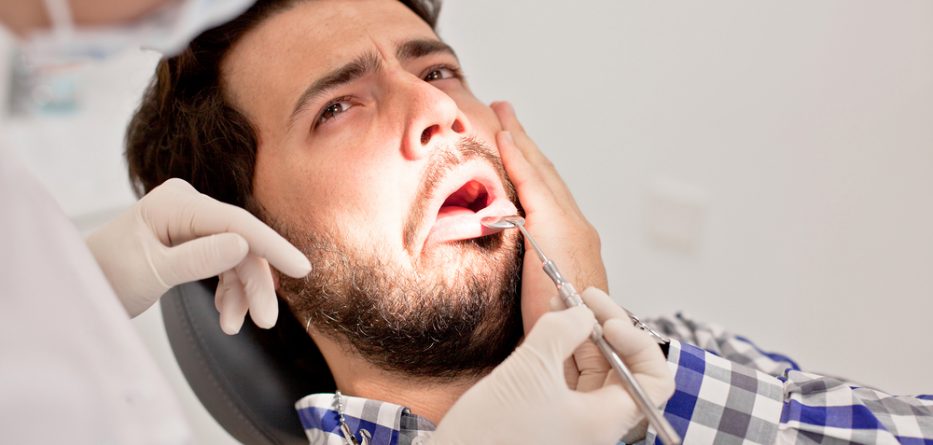Pain management is often the main goal behind many medications dealing with the oral cavity, or mouth.
The most commonly used drug for relieving pain or a toothache is non-narcotic analgesics. The most commonly used non-narcotic analgesics include:
- Ibuprofen (such as Advil, Nuprin, and Motrin), acetaminophen (Tylenol), and aspirin (Bayer); it should be noted that ibuprofen will sometimes cause xerostomia, otherwise known as dry mouth, and this may increase oral plaque and dental caries, or cavities
- Corticosteroids, such as Orabase-HCA, , and ; these are anti-inflammatory medications and are used to help relieve discomfort as well as redness of the mouth
For more severe pain, narcotic analgesics may instead be given. These include codeine and hydrocodone (Vicodin). Codeine formulations most often contain acetaminophen, which helps with increased efficacy. Examples of this are Vicoprofen or Tylenol #3.
Another tooth pain medication is topical anesthetics. Topical anesthetics come in ointments, sprays, and liquids. They prevent pain at the surface level of the lining of the mouth and can also be used to reduce pain from superficial sores in the mouth. Topical anesthetics can also be used to numb an area before the area is injected with a local anesthetic.
The most commonly used topical anesthetics are Anbesol and Orajel.
Anesthetics are only meant for temporary pain relief. They should not be used for long durations of time.
Sometimes, infections will develop after dental surgery. There are also medications that can be used to treat these infections. Antibiotics, like and amoxicillin (Amoxil), are used for many of the infections that occur after dental surgery.
There are also antifungals, which are used to treat candidiasis in the oral cavity.
Then, there are fluorides, antiseptics, benzodiazepines, and saliva substitutes. Fluorides help prevent tooth decay. Antiseptics help to reduce plaque and gingivitis and also kill the germs that cause bad breath. Benzodiazepines are used for the management of anxiety disorders, helping to relax the patient during a dental procedure. Saliva substitutes treat dry mouth; these are often in the form of a spray and are only used as needed.
Featured image: josemagon via DepositPhotos




